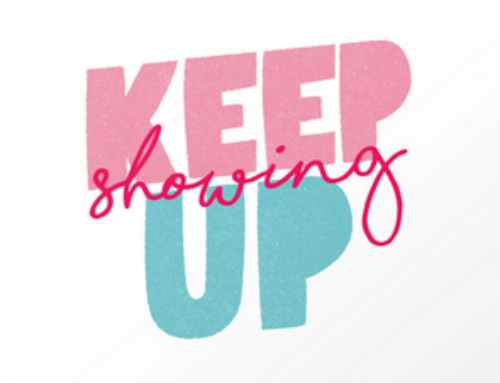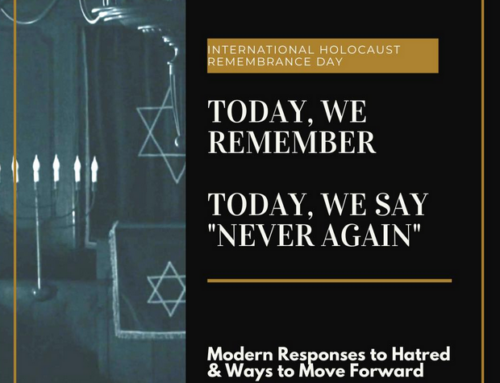 …Greek Orthodox. When I was young I imagined that just about everyone else was Jewish, especially famous people. Tom Hanks was one of those people that didn’t look not-Jewish so I assumed that his last name was changed from something like Hankowitz. Bruce Springsteen was, of course, really Springstein in my mind, Cal Ripken was actually Calev Rifkin, and even as I got older, I had a sneaking suspicion that Hannah Montana was really Hannah Moskowitz. Even today when I see a name like Yanni, the Greek musician, deep down I think his name is actually Yanai and he is Israeli. I assume I believed that everyone else was Jewish because I wanted to be like everyone else or for everyone else to be like me. As I got older I realized that names don’t really indicate that much about a person and, as my confidence in my own independent Jewish identity grew, I became less concerned about whether other people were Jewish and, if they were, how Jewish.
…Greek Orthodox. When I was young I imagined that just about everyone else was Jewish, especially famous people. Tom Hanks was one of those people that didn’t look not-Jewish so I assumed that his last name was changed from something like Hankowitz. Bruce Springsteen was, of course, really Springstein in my mind, Cal Ripken was actually Calev Rifkin, and even as I got older, I had a sneaking suspicion that Hannah Montana was really Hannah Moskowitz. Even today when I see a name like Yanni, the Greek musician, deep down I think his name is actually Yanai and he is Israeli. I assume I believed that everyone else was Jewish because I wanted to be like everyone else or for everyone else to be like me. As I got older I realized that names don’t really indicate that much about a person and, as my confidence in my own independent Jewish identity grew, I became less concerned about whether other people were Jewish and, if they were, how Jewish.
Today, one of my favorite actors, Tom Hanks, who recently discovered he happens to be a distant relative of Fred Rogers (thank you ancenstry.com), plays Mr. Rogers in a new film about the life of the iconic TV personality. The movie is called “A Beautiful Day in the Neighborhood” and is based on a famous article in Esquire Magazine from 20 years ago called “Can You Say…Hero”. This month’s edition of Atlantic Monthly has a retrospective from the author whose encounters with Mr. Rogers formed the basis of the new movie. In truth, the script, written by two relatively unknown Jewish screenwriters, Noah Harpster and Micah Fitzerman-Blue, was unlikely to ever be made into a movie until the great Tom Hanks decided it was exactly the type of script he wanted to be involved with. What makes me want to see this movie so much is that the real journalist, Tom Junod, who interviewed Mr. Rogers, was actually looking for some flaw in his seemingly angelic persona because he didn’t believe that anyone could be quite as good as Mr. Rogers seemed on TV. On some level, he was also trying to take Mr. Rogers down a notch so as not to feel guilty about his own inability to maximize his personal growth potential. What was so poignant about this story is instead of finding out that Mr. Rogers was somehow fake, he actually found his own real self.
Rather than hyping some exciting gadget or flashy clothing, Mr. Rogers focused on what made every day beautiful in one’s neighborhood. Many people, including students, ask me how I’m doing periodically. My standard answer is, “I woke up this morning; it’s a great day.” What I mean by that is every day is a gift and although I have not quite reached the level of Rabbi Akiva who suggested that everyone live each day as if it were their last day on earth, I do strive to emulate Avraham and Sarah who the Torah says got old with “all their days intact”. The Talmud explains this to mean that they made the most out of every moment of every day’s opportunities that they were presented with and maximized the potential goodness even in seemingly mundane daily activities.
If we strive to internalize their approach, we can start to transform even the most common activities such as having a meal with family and friends, taking a walk, playing ball with some kids, doing the laundry, driving carpool, or changing a diaper into a sublime, spiritually meaningful achievement.
Shabbat Shalom,
Rabbi Elisha Paul
Head of School






